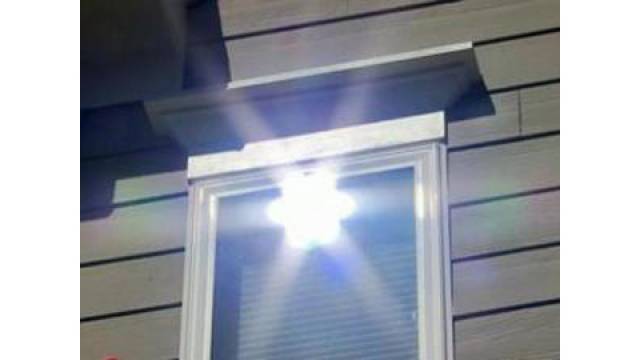North Carolina Rules Review Commission rejects rule which allowed permit holders to opt out of using low-E products in residential construction.
The North Carolina Rules Review Commission rejected a temporary rule issued by the North Carolina Building Code Council, which allowed permit holders to opt out of using low-emissivity window products in residential construction. The emergency rule was enacted due to reports of windows that melted siding and cars through solar glare reflections. The council had been debating perceived problems with low-emissivity windows for more than a year.
In August, a letter was sent to the North Carolina Building Code Council by the American Architectural Manufacturers Association (AAMA), leading a coalition of industry organizations including the Glass Association of North America, the Insulating Glass Manufacturers Alliance and the Window & Door Manufacturers Association. The letter contended that the emergency rule was established using inaccurate information and that the required criteria for issuing the rule had not been satisfied.
The letter also stated that the use of low-E windows significantly improves building envelope energy efficiency. It went on to elaborate on the energy efficiency of low-E products in the state: “North Carolina has been a longtime leader in adopting and advancing residential and commercial building energy codes that reduce energy dependence. The use of low-E glass has played a key role in reducing energy use in North Carolina and across the country. Low-E glass has been used safely as an integral part of construction projects for decades and continues to grow in popularity, because it provides comfort and value. It works and it works well.”
On September 9, the council had voted to keep the temporary rule in place and proposed the creation of a task force that would come up with a permanent rule change in December. In the “Emergency Rule-Making Findings of Need” document submitted by the council earlier this year, it argued that “reflective energy from some low-E windows can cause damage to property and may have the potential to create a fire hazard.” The council went on to cite “four documented cases of fires being caused by similar reflective energy involving Four Seasons and Cardinal IG Co.”
Industry associations, as well as the companies themselves, contended that the incidents cited were isolated, resolved and limited only to skylights and sunroom roof products that were discontinued more than a dozen years ago.
“While we were concerned about the substance of the rule, we were far more disturbed by the Building Code Council’s completely baseless claim that low-E windows may create a potential fire hazard as the reason for taking the action,” says Michael O’Brien, WDMA president and CEO. “WDMA and other industry interests testified before the BCC at their recent hearing that the claim was baseless and that the BCC action also does not meet state statutory requirements.
“When the BCC still went ahead and adopted a temporary rule, we took the matter to the state’s Rules Review Commission. We addressed the RRC at their hearing last week and were successful having the BCC’s action dismissed. The RRC unanimously agreed that the claim was baseless and ambiguous and did not meet the state’s statutory requirements.”
In a release issued after the rule was struck down, Rich Walker, AAMA president and CEO, said, “This is an important victory for our industry, both in North Carolina and in any state or jurisdiction that values the energy efficiency that today’s fenestration products offer to consumers. AAMA sincerely thanks all of the members and industry representatives who worked together to ensure this outcome.”
The release went on to say that “the North Carolina Building Code Council stated it will not attempt to issue additional rules regarding this matter.”
But Michael O’Brien also offered the reminder, “the BCC is still planning on pursuing a permanent rule on this issue.”





